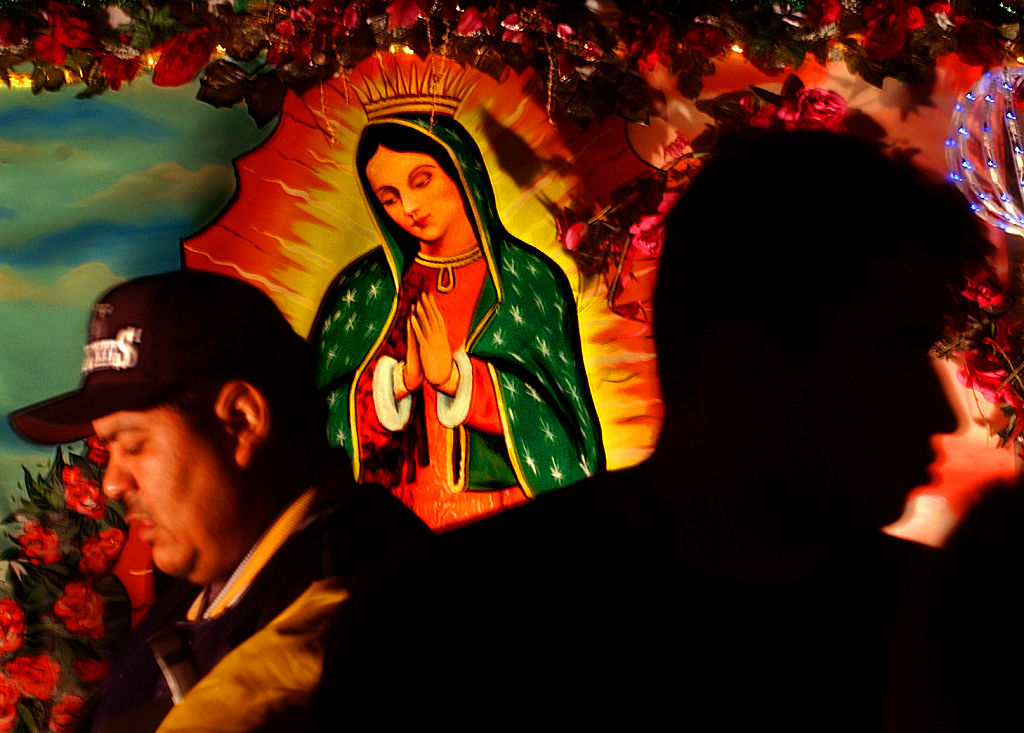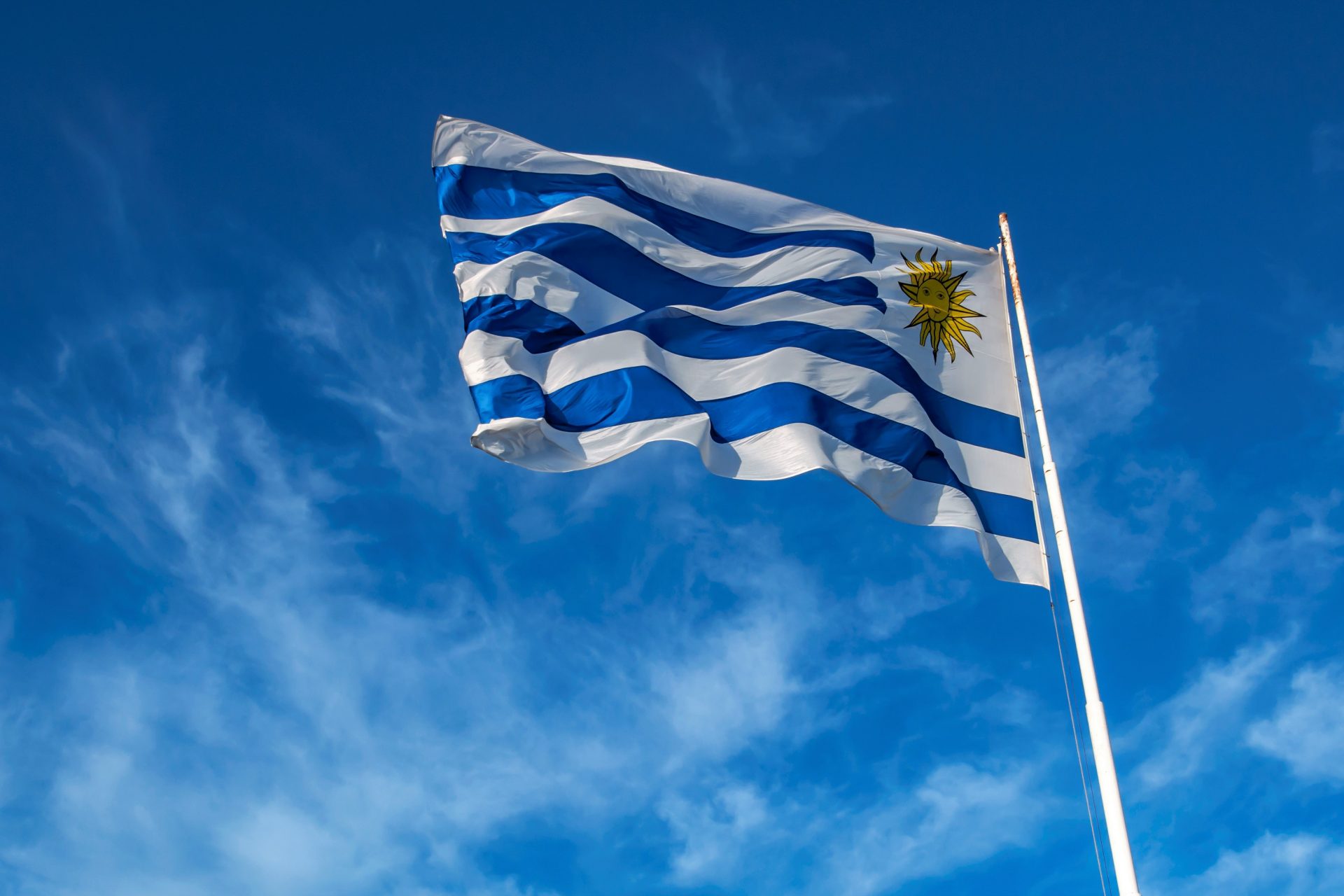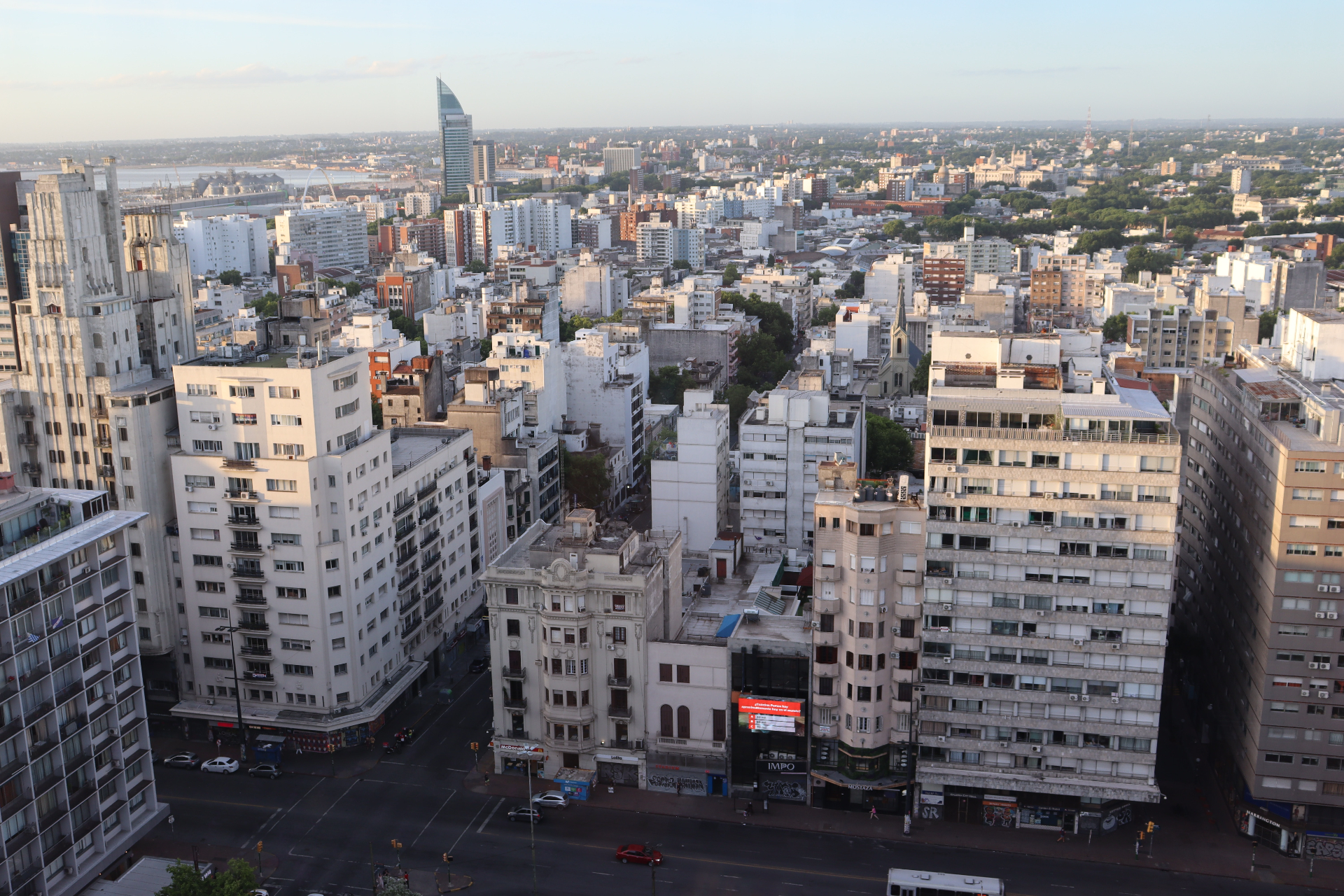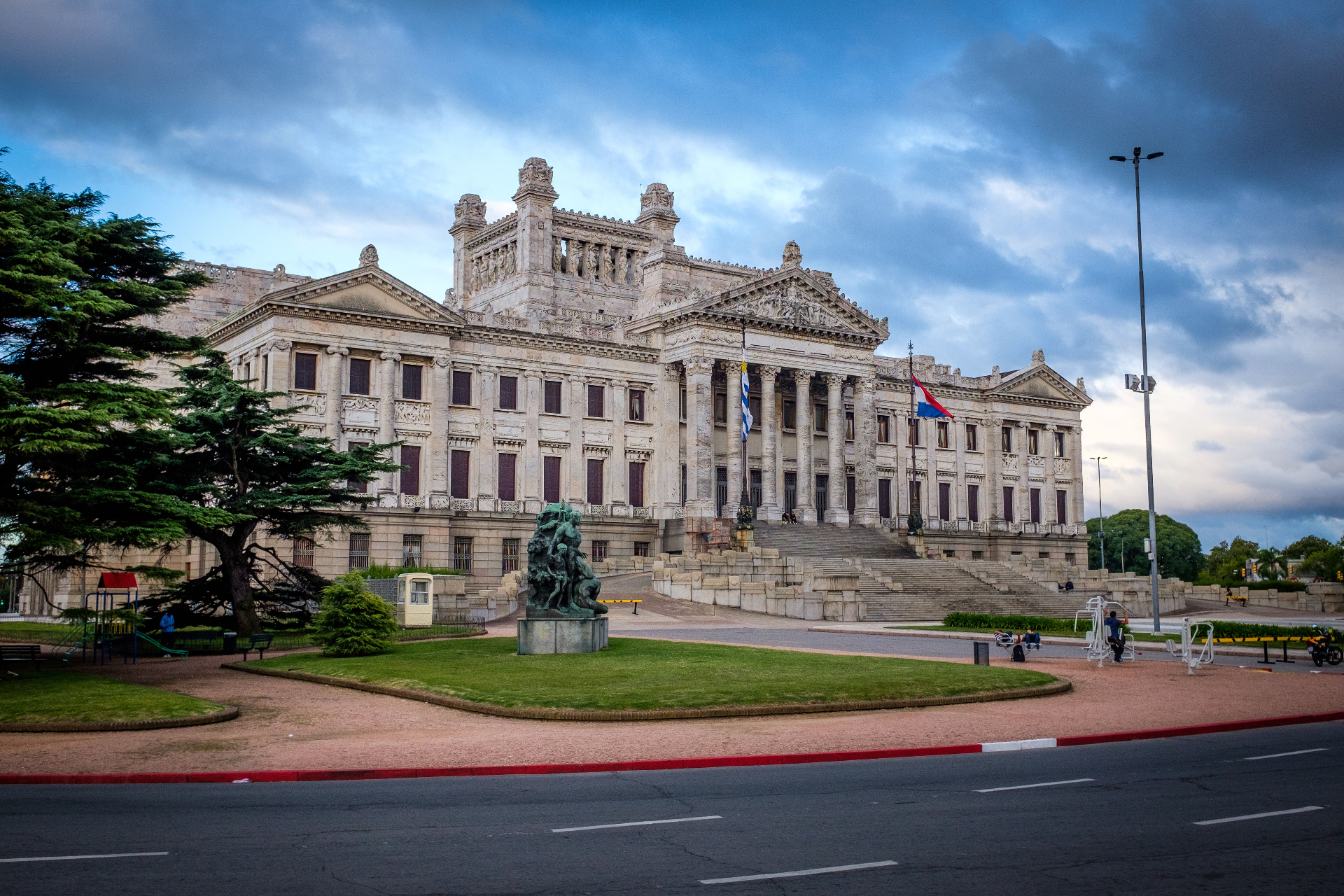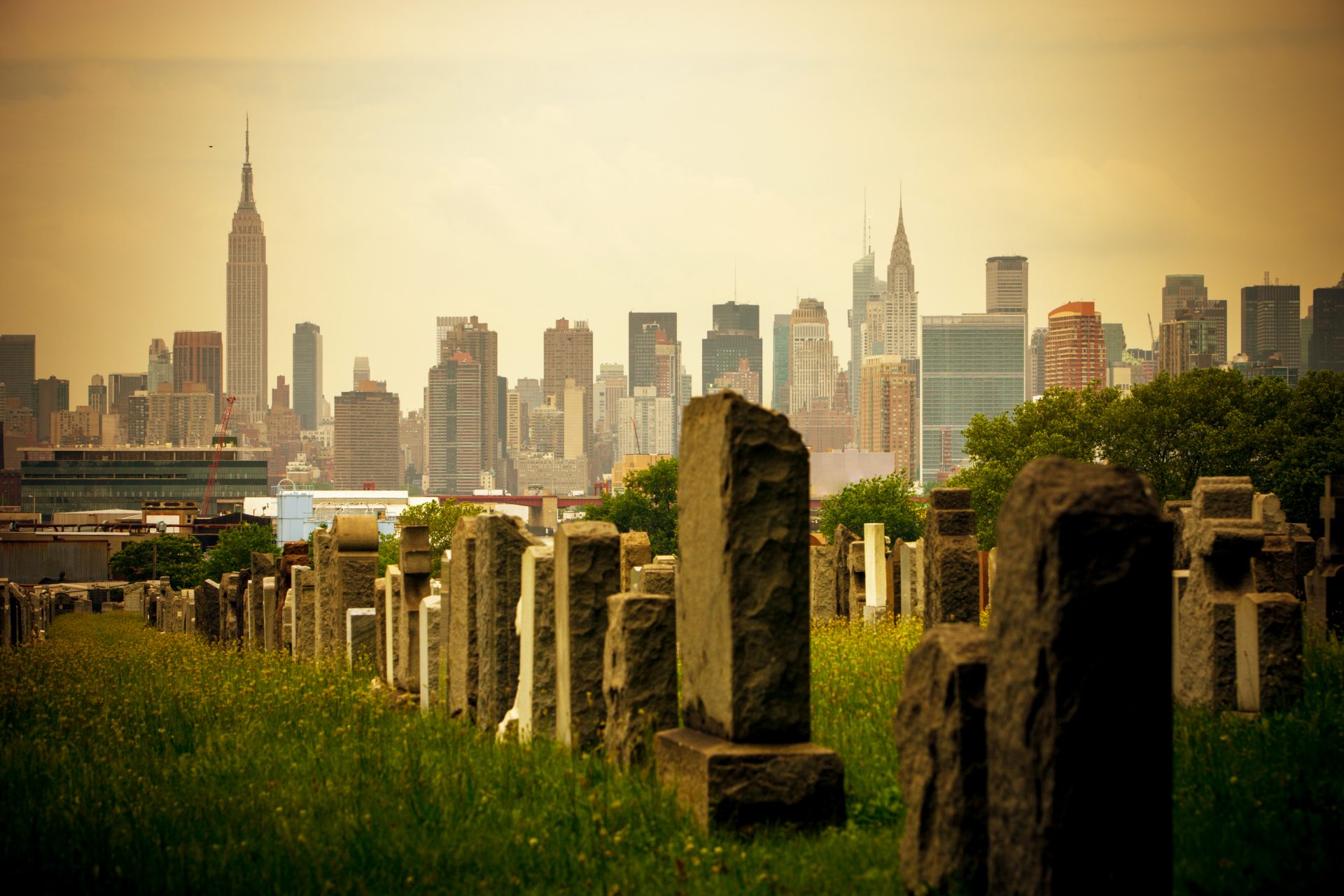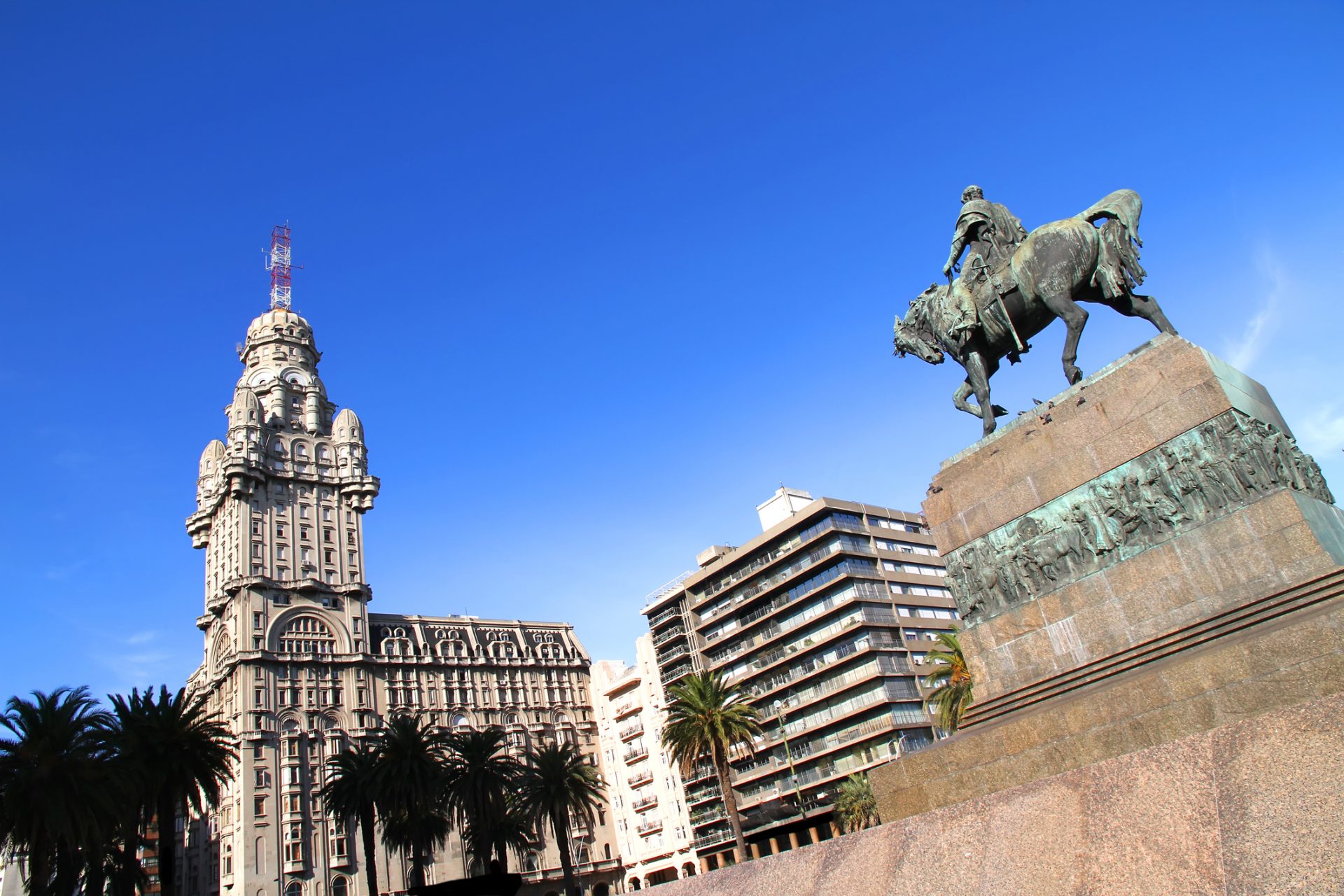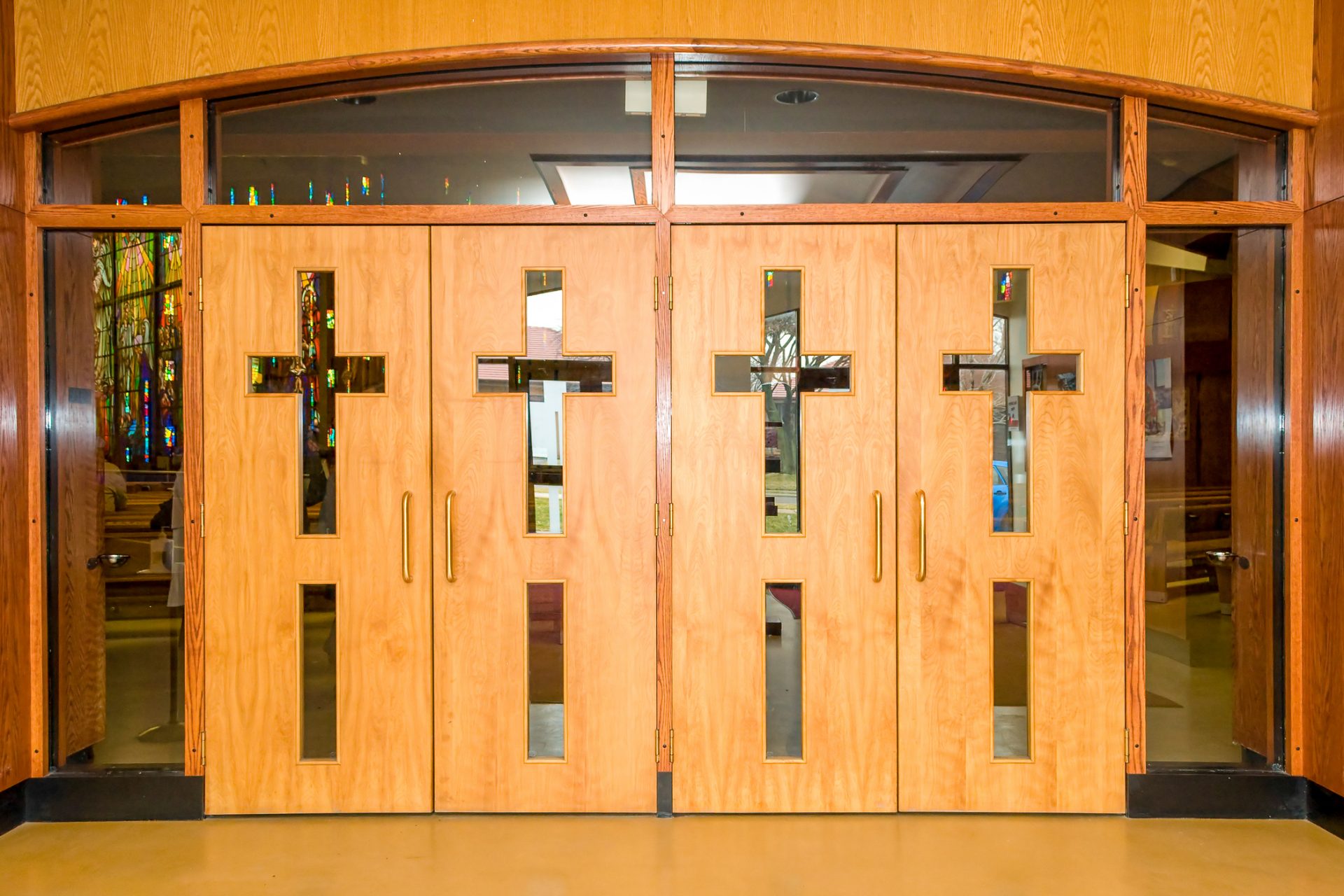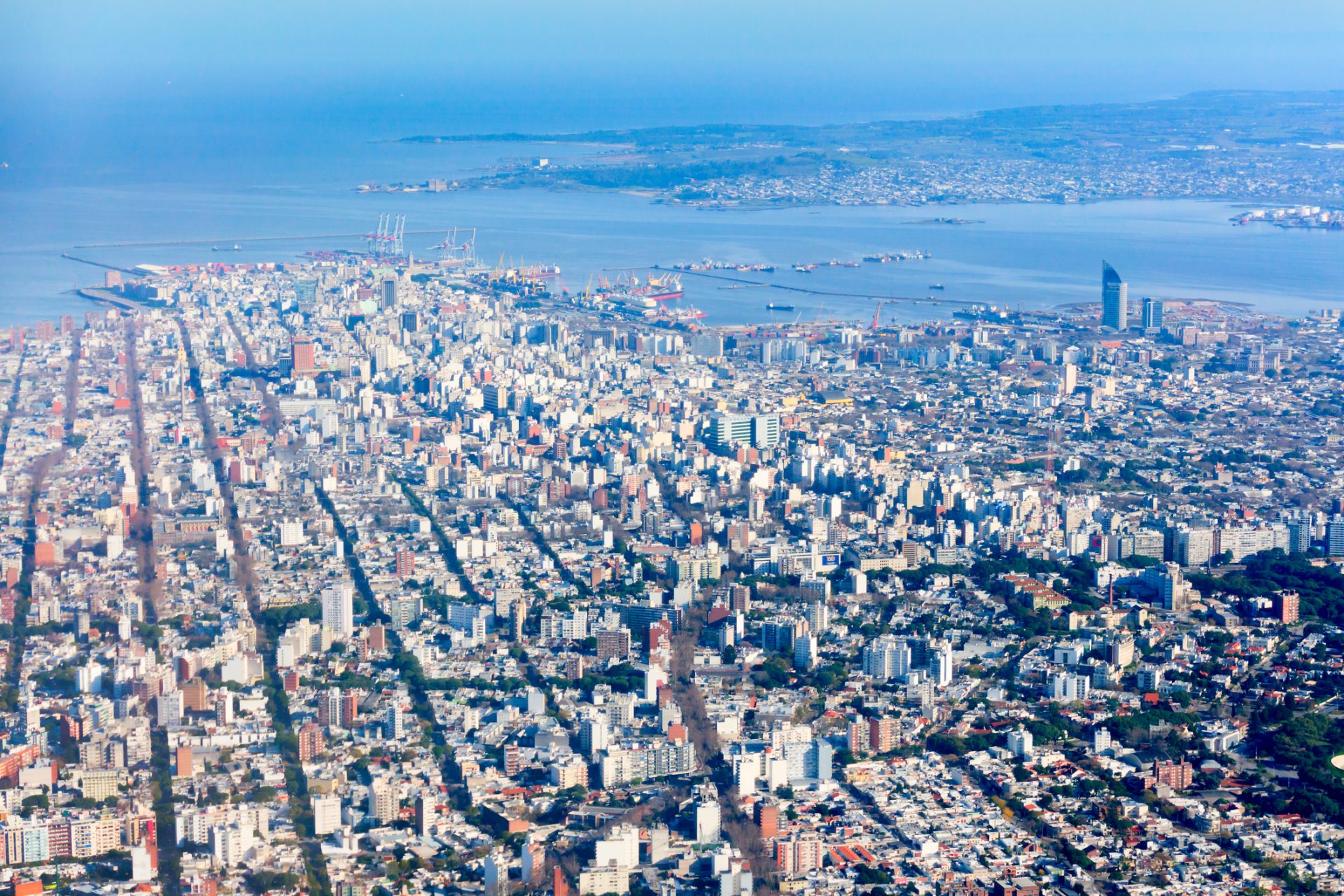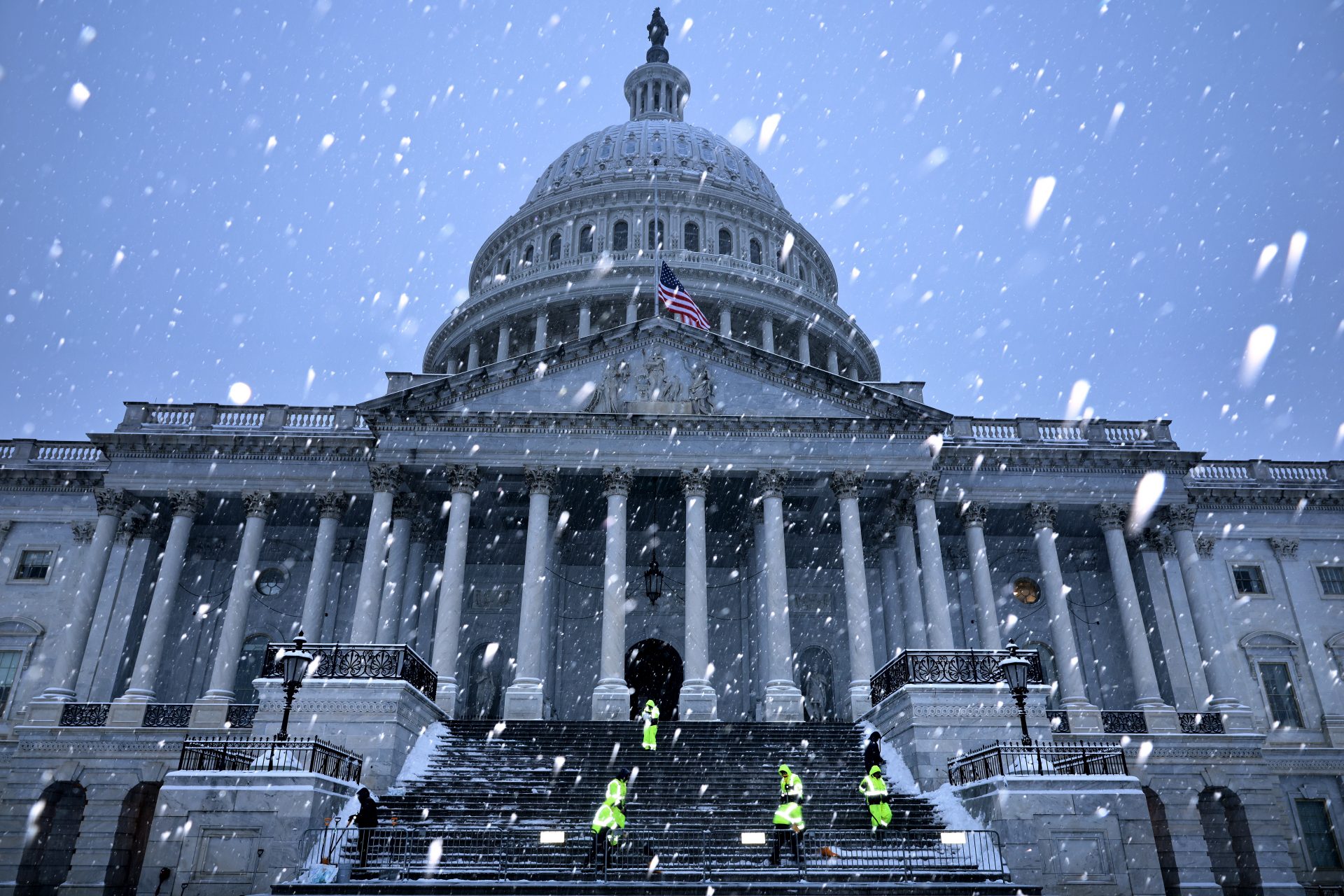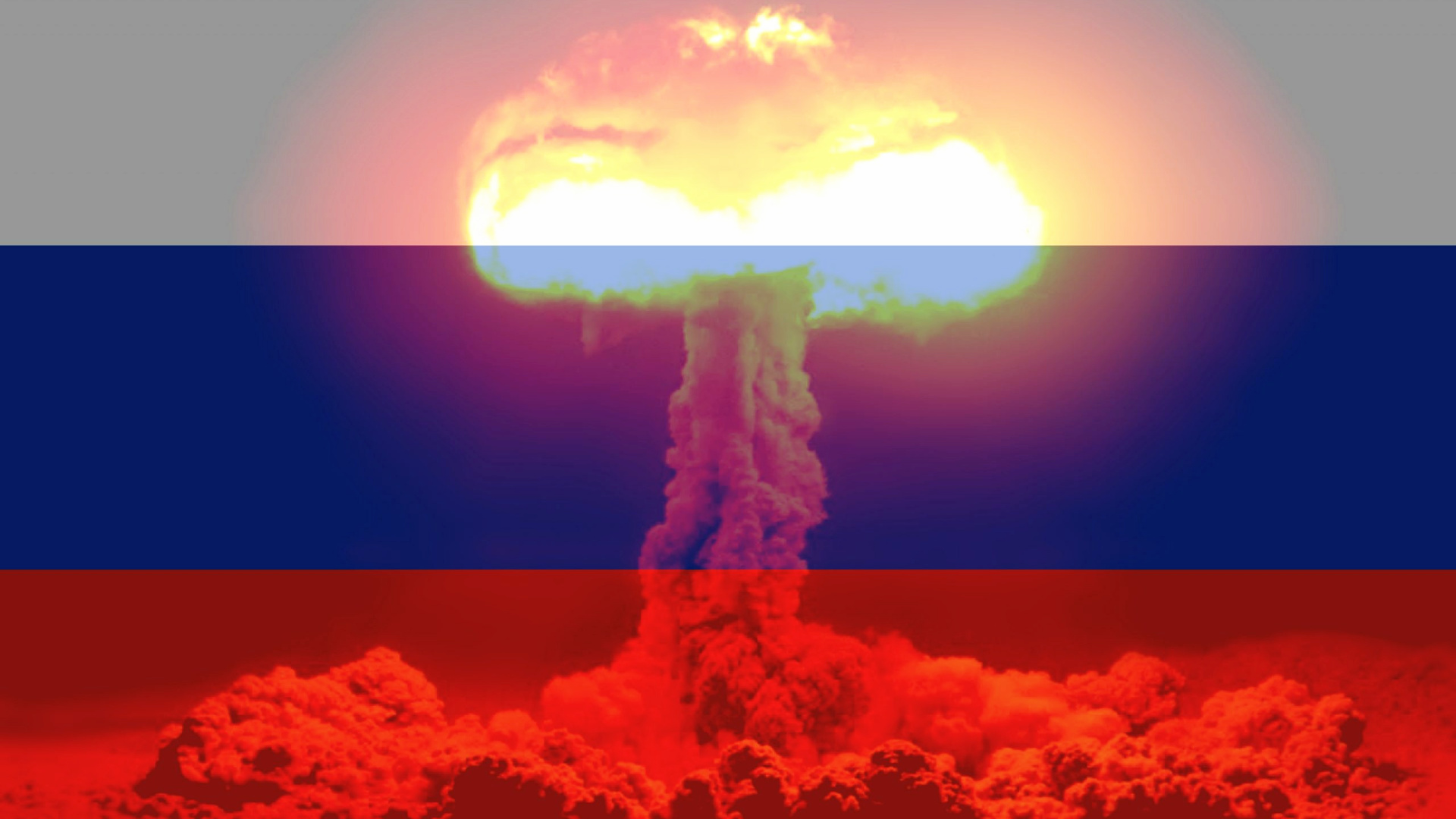Did you know there is a country in the Americas that does not celebrate Christmas?
Christmas seems like the only day the world stops. However, several countries do not celebrate the holiday—even one in the Americas, South America, more precisely.
Latin America is home to about 40% of the world's Catholic population. This religion has an absolute presence in countries like Paraguay, where less than 1% of the adults identify as unaffiliated.
But also in this region is Uruguay, one of the few countries worldwide that does not celebrate Christmas.
The holiday became secular in this South American country, and since 1919, it has taken the official name of 'Family Day.'
Thus, Uruguay has celebrated Family Day instead of Christmas for over a century, so the tradition is already well established.
Photo: Alicja Ziajowska / Unsplash
According to CNN, the change in the name of the religious holiday was just one of several decisions that pushed the country down the path of secularism shortly after its first constitution was approved in 1830.
The first of these decisions came in 1861, CNN explains: the Government took on the administration of cemeteries, taking them away from the Catholic Church.
Shortly after, in 1885, having a marriage performed and recognized by Government officials became mandatory before religious unions.
Then, in 1907, all references to God and religious symbols were removed from parliamentarians' inaugurations.
In that same year, according to CNN, Uruguay became one of the first countries in the region to legalize divorce.
One of the most significant decisions came two years later, in 1909, when the country eliminated the teaching of religion in public schools and declared that education needed to be free, mandatory, and non-religious.
Finally, in 1917, Uruguay approved a new constitution establishing the separation of Church and State. Two years later, Christmas changed its name.
The change does not affect the population too much. According to the Pew report, Uruguay is the least religious country in the region: 37% of its population identifies as unaffiliated, agnostic, or atheist.
Christmas is not the only holiday that “disappeared” from the country after the 1917 constitution. All religious holidays have different names in Uruguay.
Three Kings' Day became 'Children's Day,' the Virgin's Day, celebrated in Catholic countries, became 'Beach Day,' and Holy Week, a typical staple in its neighboring nations, is called 'Tourism Week.'
Photo: Tincho Franco / Unsplash
Despite the change, except for Nativity Scenes, some Uruguayan streets are not very different during the holidays.
Photo: Sandra Seitamaa / Unsplash
According to Spanis newspaper El País, many streets, squares, or public places in Uruguay have non-denominational Christmas trees and lights, just like everywhere else.
More for you
Top Stories




